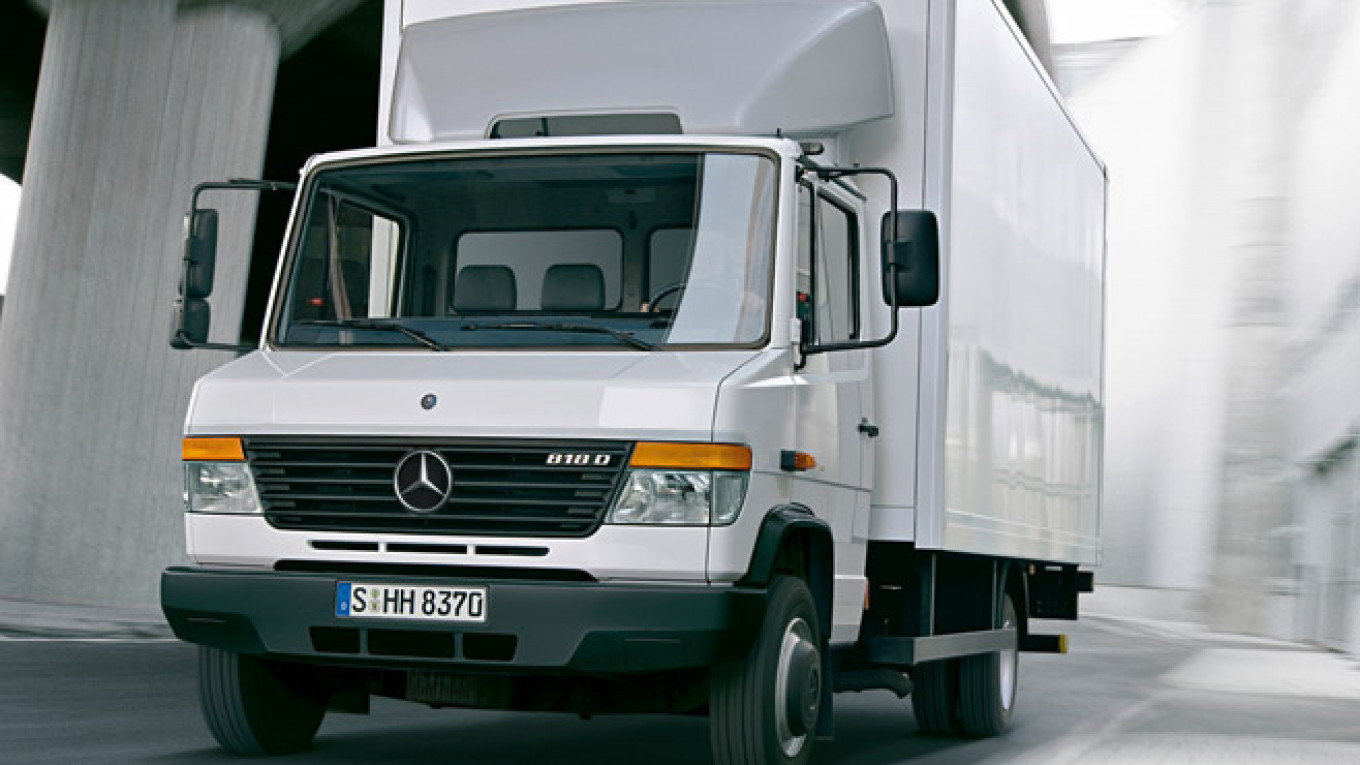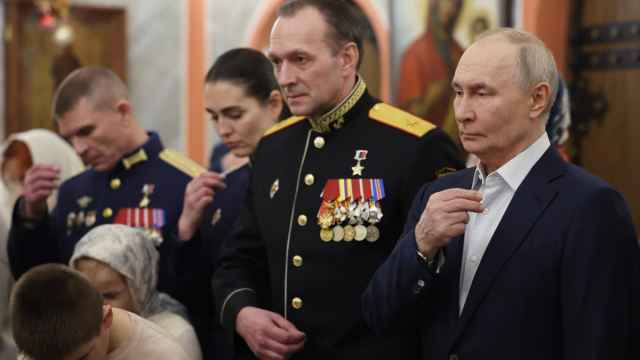The European Union took another trade dispute with Russia to the World Trade Organization Wednesday, seeking to force Moscow to lift duties against German and Italian light commercial vehicles that Brussels says are illegal.
Russia imposed duties of 29.6 percent on German van imports and 23 percent on imports from Italy a year ago, making them more expensive for consumers and hampering market access. The EU believes that Russia is illegally protecting its carmakers.
The complaint against the "anti-dumping" duties, which seek to protect domestic manufacturers from unfairly cheap competition, comes on top of an EU challenge to a recycling fee that Russia has imposed on foreign cars, trucks and buses.
It also comes as the EU and the U.S. weigh imposing further sanctions on Russia for its annexation of Crimea and its support of separatist movements in Ukraine.
EU exports of light commercial vehicles have fallen from more than 100 million euros ($137 million) in 2012.
"The EU believes the anti-dumping duties are incompatible with WTO law," the European Commission, which handles trade matters for the 28-country bloc, said in a statement.
The two sides now have 60 days to try to resolve the matter before the WTO opens a panel to rule on the case.
This is the latest in a series of disputes between the two sides since Russia joined the WTO in August 2012.
Joining the WTO is a two-way street, with the cost of signing up to tough standards offset by the benefits of gaining access to a globally regulated market with guarantees against protectionism.
Russia's critics say it has never made good on its WTO obligations and that the car taxes are part of a string of non-compliant policies on goods ranging from alcoholic drinks to combine harvesters.
Conversely, Russia has complained against EU measures to open up the bloc's gas and electricity markets, which it says challenge Gazprom's business model.
A Message from The Moscow Times:
Dear readers,
We are facing unprecedented challenges. Russia's Prosecutor General's Office has designated The Moscow Times as an "undesirable" organization, criminalizing our work and putting our staff at risk of prosecution. This follows our earlier unjust labeling as a "foreign agent."
These actions are direct attempts to silence independent journalism in Russia. The authorities claim our work "discredits the decisions of the Russian leadership." We see things differently: we strive to provide accurate, unbiased reporting on Russia.
We, the journalists of The Moscow Times, refuse to be silenced. But to continue our work, we need your help.
Your support, no matter how small, makes a world of difference. If you can, please support us monthly starting from just $2. It's quick to set up, and every contribution makes a significant impact.
By supporting The Moscow Times, you're defending open, independent journalism in the face of repression. Thank you for standing with us.
Remind me later.






